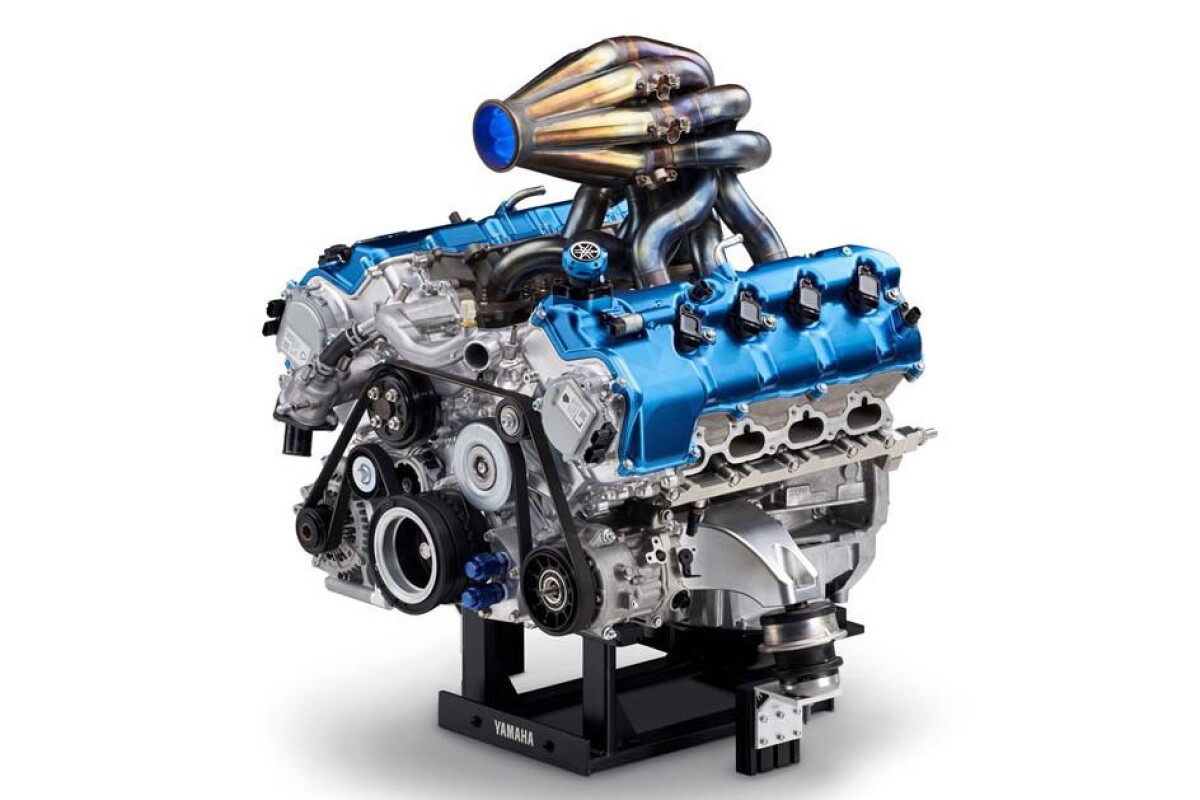What Sets Engines For Africa Apart in the Market
What Sets Engines For Africa Apart in the Market
Blog Article
Check Out a Wide Array of Engines for each Lorry and Function
The vehicle landscape is increasingly complicated, with a diverse selection of engine types created to satisfy particular performance and performance demands across numerous lorry classifications. Furthermore, sturdy engines offer the requirements of job vehicles, while green options are getting traction in the search of lasting transport.
Kinds Of Automotive Engines
Automotive engines can be categorized into a number of distinct kinds, each made to meet specific performance and effectiveness demands. The most common groups consist of interior combustion engines, electric engines, and hybrid systems.

Electric engines, on the other hand, operate electric power stored in batteries, offering instantaneous torque and zero discharges. These engines are coming to be significantly prominent as a result of improvements in battery technology and the expanding focus on sustainability.
Hybrid systems integrate both interior combustion and electrical engines, allowing vehicles to maximize gas performance and reduce emissions by effortlessly switching over in between source of power. Each engine kind provides its advantages and disadvantages, affecting elements such as automobile layout, intended use, and market need. Understanding these distinctions is crucial for customers and producers alike when selecting the proper engine for their details needs.
Performance Engines for Sports Cars
Efficiency engines for cars are particularly engineered to provide enhanced power, agility, and rate, establishing them aside from typical vehicle engines. These engines often utilize innovative innovations such as turbocharging, supercharging, and variable shutoff timing to make the most of efficiency and responsiveness.
Commonly, performance engines are designed with greater compression proportions, which enable greater energy extraction from fuel. This results in impressive horsepower and torque numbers, allowing fast velocity and higher full throttle. Furthermore, the lightweight materials utilized in these engines, such as light weight aluminum and carbon fiber, add to decreased overall car weight, enhancing handling and ability to move.
Engine setups like V6, V8, and even hybrid systems are usual in performance sporting activities cars, each offering one-of-a-kind advantages in regards to power distribution and driving characteristics. The adjusting of these engines is also important; many suppliers maximize the engine management systems to offer an exhilarating driving experience, commonly including sport modes that readjust throttle action and equipment shifts.
Effective Engines for Daily Commuters
In the world of day-to-day commuting, reliable engines play a vital function in optimizing fuel economy and decreasing exhausts while giving reliable efficiency. As metropolitan populaces grow and ecological problems magnify, the need for lorries furnished with reliable powertrains has actually risen.
Modern engines made for day-to-day travelers typically incorporate innovations such as turbocharging, straight gas shot, and crossbreed systems. Turbocharging improves engine performance by forcing even more air right into the combustion chamber, allowing for smaller sized, lighter engines that do not compromise power output. Straight gas injection boosts gas atomization, bring about far better burning and raised performance.
Hybrid engines, combining internal burning with electrical power, more increase fuel economic climate, especially in stop-and-go web traffic, where traditional engines can experience inefficiencies. Electric motors assist during acceleration and can operate individually at reduced rates, decreasing overall gas usage.
Additionally, innovations in engine monitoring systems and light-weight materials contribute substantially to reliable engine design. By concentrating on efficiency, toughness, and environmental sustainability, producers remain to provide engines that not just satisfy the demands of everyday commuting however additionally line up with worldwide initiatives to minimize carbon footprints.
Heavy-Duty Engines for Job Automobiles
Durable engines for job automobiles are consistently engineered to supply phenomenal torque and integrity under requiring conditions. These engines are designed to carry out in environments where conventional engines may fail, such as construction websites, logging operations, and agricultural settings. The reference main focus of durable engines is their capacity to generate high degrees of power while preserving sturdiness over prolonged durations of procedure.
Commonly, durable engines use sophisticated products and robust construction techniques to hold up against the rigors of hefty workloads. Functions such as strengthened cylinder blocks, boosted cooling systems, and advanced gas shot technologies add to their efficiency. These engines often operate at lower RPMs, which aids to maximize fuel efficiency while offering the needed power for lugging and hauling.
Along with mechanical effectiveness, durable engines are commonly outfitted with sophisticated digital control systems (ECUs) that handle efficiency, discharges, and diagnostics. This integration permits for far better tracking and upkeep, guaranteeing that job cars stay operational and reliable.
Eventually, heavy-duty engines are an important element in the performance of different sectors, offering the necessary power and reliability to deal with the hardest of jobs.
Eco-Friendly Engine Options
The growing emphasis on sustainability has resulted in the growth of green engine choices that prioritize reduced exhausts and boosted gas effectiveness. These engines are developed to reduce the ecological influence of vehicles while still supplying the efficiency and dependability anticipated by customers.
Amongst one of the most remarkable environment-friendly options are hybrid and electrical engines. Crossbreed engines incorporate conventional interior burning engines with electrical propulsion, enabling lowered fuel consumption and reduced greenhouse gas discharges. Electric engines, on the various other hand, run totally on battery power, creating zero tailpipe exhausts and adding to cleaner air high quality.
One more promising advancement is the advancement of biofuel engines, which make use of renewable energies, such as plant products, to power cars (Engines For Africa). By utilizing biofuels, these engines can minimize dependency on fossil gas and reduced overall carbon impacts

As the vehicle market progresses, environment-friendly engine choices will play an important duty in driving the transition in the direction of more sustainable transport options.
Verdict
From high-performance engines that boost sports vehicle capabilities to efficient versions focusing on gas economic climate for day-to-day travelers, each kind offers a details feature. Sturdy engines cater to robust job vehicles, while environment-friendly choices, such as electrical and biofuel engines, advertise lasting directory transportation.

Report this page